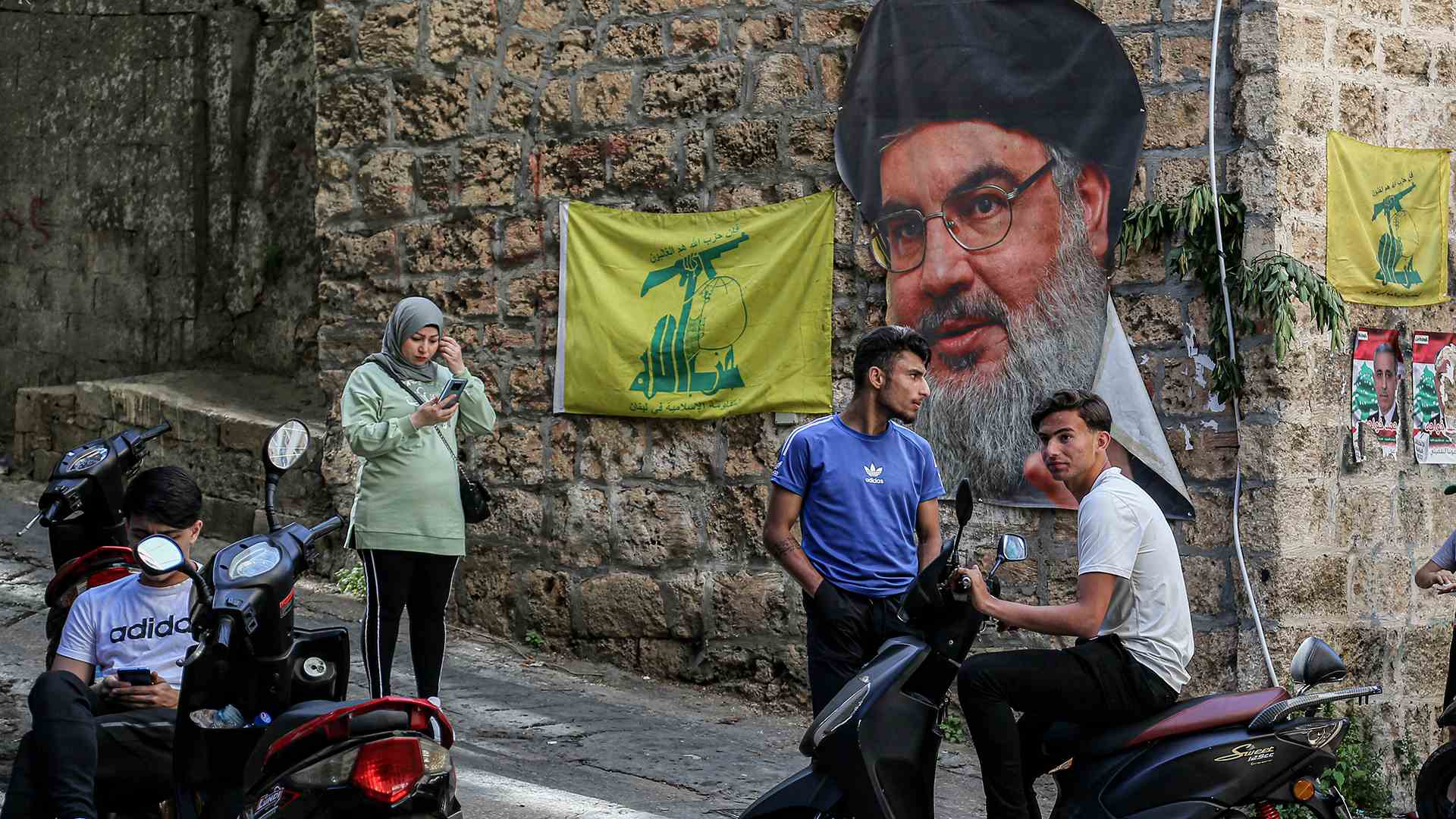Status: 05/16/2022 5:42 p.m
In the elections in Lebanon, representatives of the protest movement apparently made it into parliament. There was a setback for Hezbollah. Experts now fear a stalemate in parliament.
In crisis-ridden Lebanon, elections were held for the first time since the devastating economic crisis began in 2019. According to media reports, the protest movement has had some successes. According to unofficial results, other opponents of the influential Shiite Hezbollah also gained ground. The bloc around the “Party of God,” which is closely allied with Iran, lost a few seats and could lose the parliamentary majority.
protest movement since mass demonstrations
According to the reports, the opponents of the government received up to ten mandates in the House of Representatives, which has a total of 128 seats. The protest movement goes back to the mass demonstrations that broke out in autumn 2019 against the political leadership of the Mediterranean country. Their representatives and other members of the opposition want to break the power monopoly of the parties that have ruled Lebanon for decades.
The Lebanese Forces, which is allied with Iran’s arch-rival Saudi Arabia, also made gains. It could surpass President Michel Aoun’s Free Patriotic Movement (FPM), which is allied with Hezbollah, as the largest Christian party in parliament. The Lebanese Forces Party has been an integral part of politics since the end of the civil war 30 years ago and took a clear stance against Hezbollah during the election campaign.
Beginning of a change?
“The early results have brought positive surprises to the opposition,” said Maha Yahya, director of the Carnegie Middle East Center in Beirut. Some traditional leaders lost their seats. “This may be the beginning of a change.”
Experts now fear even greater fragmentation and a stalemate in parliament, in which the two major rival camps could deadlock. In addition, Sunni Saudi Arabia should have greater influence in Lebanon in the future, after Shiite Iran was able to expand its influence in the previous election in 2018.
Voter turnout decreased
Lebanon’s political system is characterized by a fragile balance between the denominations. The head of state is always a Christian, the head of government a Sunni and the speaker of the parliament a Shiite. The Shiite Hezbollah enjoys particular influence with its own militia and controls entire areas, including those on the border with its arch-enemy Israel.
The count was still going on in many constituencies. Official results are expected later today. According to the Ministry of the Interior, voter turnout fell to around 41 percent.
Severe economic and financial crisis
For more than two years, Lebanon has been suffering from the worst economic and financial crisis in its history. According to the UN, around three quarters of the country’s people now live below the poverty line. In everyday life, they struggle with insufficient supplies. The Lebanese currency has lost more than 90 percent of its value. The government can no longer repay its debts.
The mass protests in 2019 drew tens of thousands of people to the streets. The demonstrations were directed, among other things, against widespread corruption. Many people blame the established parties that have been in power for decades for the country’s severe crisis. Critics speak of a “government mafia” that enriches itself.
Potential foreign donors such as the International Monetary Fund (IMF) are demanding reforms in return for financial aid. However, these have not yet materialised.
It was also the first parliamentary election since the explosion in the port of the capital Beirut in August 2020. More than 190 people died and around 6,000 were injured. The detonation devastated large parts of the port and surrounding residential areas.

